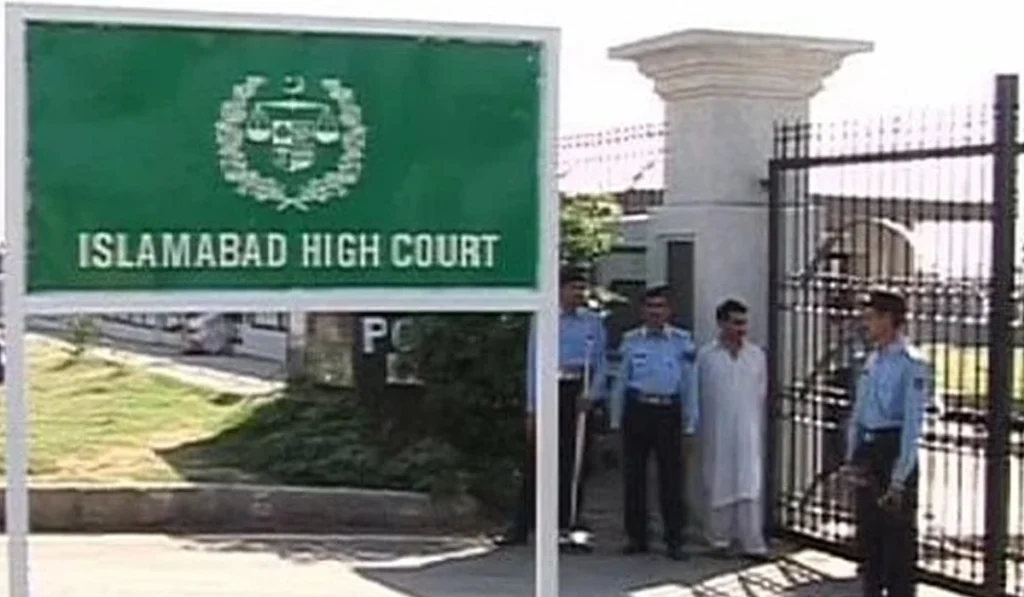- Web Desk
- Feb 19, 2026
IHC allows minor girl to live with husband despite underage marriage laws
-

- Farah Mehjabeen
- Oct 01, 2025

ISLAMABAD: The Islamabad High Court (IHC) has allowed a 15-year-old girl to live with her husband, despite acknowledging that the marriage violates Pakistan’s newly enacted Islamabad Child Marriage Restraint Act 2025, which criminalises marriage under the age of 18.
According to the court’s judgment, the girl, identified as Madiha Bibi, repeatedly expressed her desire to stay with her husband and not return to her parents, both during court proceedings and while housed at a crisis center.
Also read: President Zardari signs law banning child marriages
The court noted that under Sharia law, a marriage is considered valid once a girl reaches puberty and gives consent. However, the IHC also acknowledged that under Pakistani statutory law, particularly the Islamabad Child Marriage Restraint Act 2025, marriage under 18 constitutes a criminal offense.
Documents presented in court revealed discrepancies in Madiha’s age. While her marriage certificate listed her as approximately 18, official records from the National Database and Registration Authority (NADRA) confirmed her age as 15.
The court referred to various legal instruments, including the Child Marriage Restraint Act of 1929 and the Muslim Family Laws Ordinance of 1961, while delivering the judgment. Although the marriage may be valid under religious law, the court stressed that civil law must be respected, and harmonisation between legal frameworks is urgently needed.
COURT RECOMMENDATIONS
In its detailed ruling, the IHC made a series of recommendations aimed at addressing the legal and procedural gaps that allow underage marriages to occur:
Legal harmonisation: The court urged the federal government to align marriage, juvenile, and criminal laws to remove contradictions between religious and civil statutes.
Registrar accountability: Marriage registrars should be legally obligated not to solemnise marriages involving individuals under the age of 18.
NADRA system reforms: The court recommended enhancing the NADRA database to ensure marriage certificates cannot be issued without proper age verification.
Public awareness: An awareness campaign should be launched to educate the public on the legal and social risks of underage marriage.
Also read: Fazl to show street power against anti-child marriage law
Circulation of judgment: Copies of the court’s decision have been ordered to be sent to key stakeholders including the Law and Justice Commission of Pakistan, Ministry of Law, Ministry of Human Rights, Ministry of Interior, Chief Commissioner Islamabad, DG NADRA, and the Council of Islamic Ideology.
While the court’s decision recognises the complexities surrounding child marriage laws in Pakistan, it is likely to ignite further debate on the intersection of religious practices, human rights, and statutory protections for minors.




